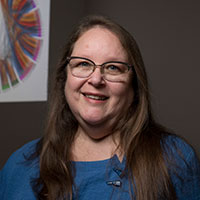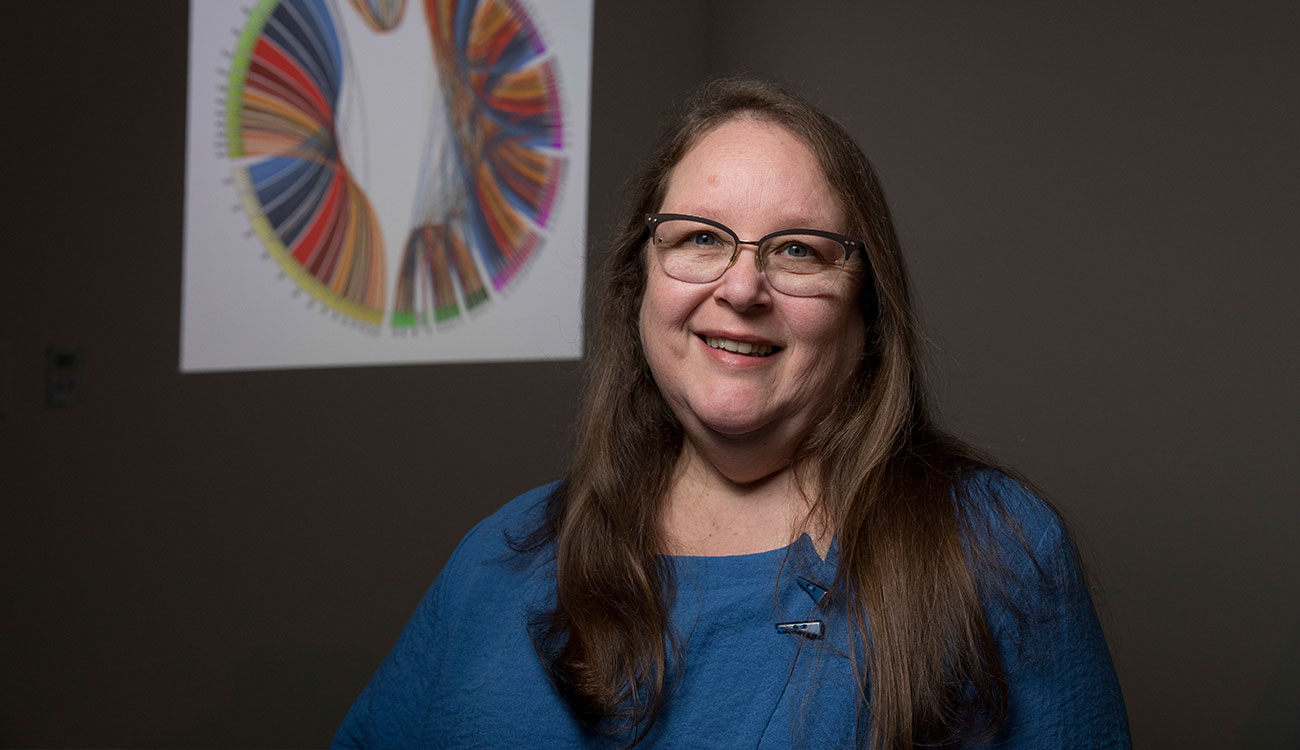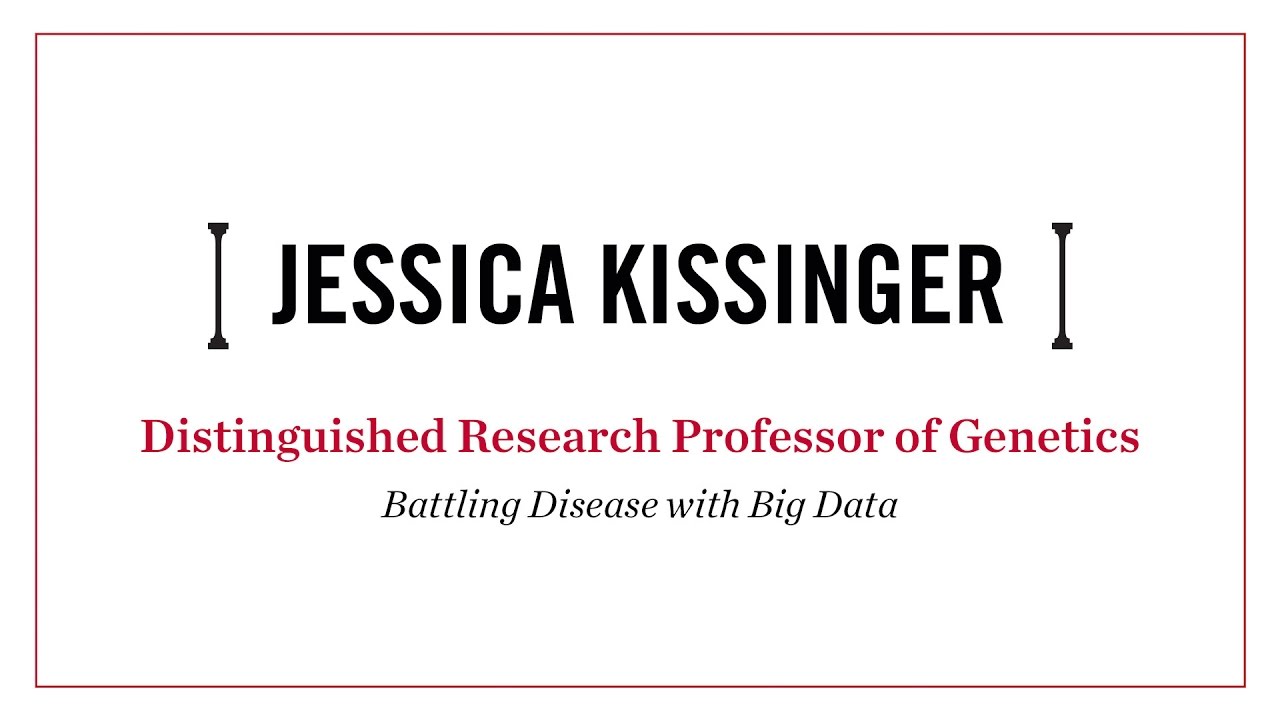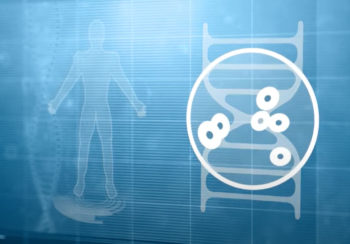Jessica Kissinger, the director of UGA’s Institute for Bioinformatics, is doing for infectious disease research what travel sites did for vacation planning.
Enabling Discovery
How does building a database fight disease? Data help researchers construct and test their ideas about how to create treatments for diseases or map out ways to halt their spread.
“We don’t give them answers,” Kissinger says. “We give them a framework in which to generate and test hypotheses.”
Kissinger and her team have built databases to take on malaria and other infectious diseases such as toxoplasmosis, cryptosporidiosis and trypanosomiasis. They are also creating tools for studying childhood malnutrition and factors related to disease, and making them accessible to all as they become publicly available. These databases collectively service more than 70,000 unique users a month from more than 100 countries.
To put it simply, her work saves time. It speeds the pace of discovery for the next possible solution, the next cure. Without these databases, researchers could spend weeks, months, even years researching existing literature on a disease in the library or recreating work in the lab.
“These are tools by biologists for biologists … I think it is that sense of being a member of that community, having your finger on the pulse of what’s going on, that allows you to keep the tools useful.”
– Jessie Kissinger, Director, Institute of Bioinformatics
Career Evolution
Kissinger didn’t set out to build databases.
She was trained as a molecular evolutionary biologist, not a computer scientist. “I like to see how molecules change over time,” she says. “When I started in school it was about how a gene or protein evolved.”
It turned out that her field was evolving too. Technology was allowing researchers to understand molecules through bigger data sets. Now, scientists aren’t just looking at individual genes but entire genomes, which are the complete sets of genes in a cell or organism.
As the field evolved, Kissinger learned and embraced the technology. Over time, she shifted her balance away from the so called “wet lab,” where she worked directly with the organisms, to focus mostly on the computer-based “dry lab.”
Her database work started with malaria and continued to expand.
“Now we make 10 different component databases for over 300 organisms (EuPathDB.org), a comparative database to see how conserved genes are across organisms and a new epidemiology database to study the prevalence, spread and factors related to disease in humans (ClinEpiDB.org).” she says.
Kissinger’s team relies on an expert advisory board that helps the researchers customize the databases for each disease community, so they have the largest impact on research. It helps that Kissinger started in a wet lab before diving into informatics.
“These are tools by biologists for biologists,” she says. “We have a lot of computer scientists in the middle, but I think it is that sense of being a member of that community, having your finger on the pulse of what’s going on, that allows you to keep the tools useful.”

About the Researcher
Jessica Kissinger
Director, Institute of Bioinformatics
Distinguished Research Professor, Genetics
Franklin College of Arts and Sciences






